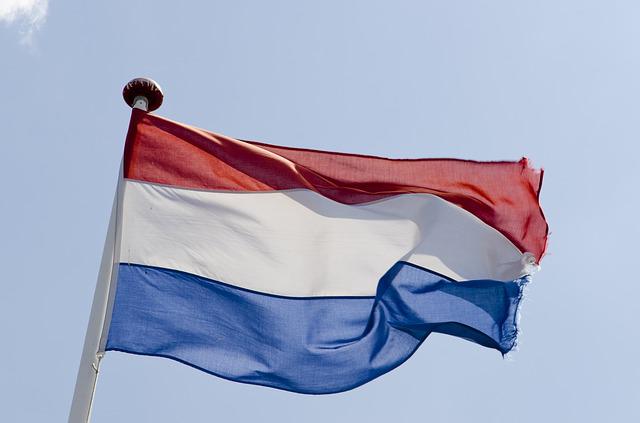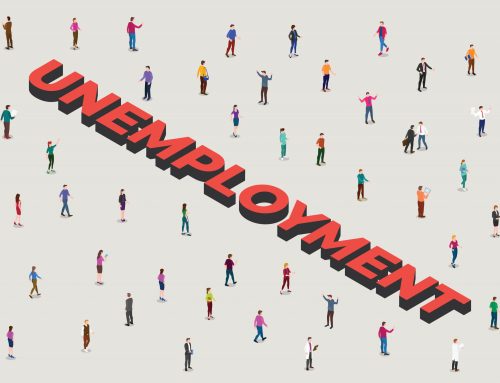December 9, 2022
Out-of-pocket payments low in the Netherlands
People in the Netherlands, in France and in Luxembourg were paying the least out of their own pockets with respective shares in total health expenditure of 9.3, 8.9 and 8.4 percent. Bulgarians paid the highest share, 35.5 percent. These out-of-pocket contributions to healthcare providers include, among other things, health insurance deductibles and contributions to mandatory schemes.
A substantial share of the out-of-pocket payments is usually spent on pharmaceuticals. However, there are major differences between the countries: in Cyprus, roughly 10 percent of the out-of-pocket payments went to pharmaceuticals, against 70 percent in Bulgaria. Another large item in out-of-pocket payments tends to be dental care.
Out-of-pocket payments for pharmaceuticals slightly above EU average
Despite the relatively low out-of-pocket share in total health expenditure, Dutch spending on pharmaceuticals only (obtained from the pharmacy, the chemist or the supermarket) was slightly above the European average of 28 percent, namely 31 percent. Bulgarians spent the most on their own medication at 76 percent. The smallest contribution was made in Cyprus (10 percent). The proportion of spending on pharmaceuticals that does not come out of people’s own pockets is paid by insurance companies or the government. In some countries, pharmaceuticals are also reimbursed through schemes of companies or non-profit institutions.
Source: Statistics Netherlands
Legal Notice: The information in this article is intended for information purposes only. It is not intended for professional information purposes specific to a person or an institution. Every institution has different requirements because of its own circumstances even though they bear a resemblance to each other. Consequently, it is your interest to consult on an expert before taking a decision based on information stated in this article and putting into practice. Neither Karen Audit nor related person or institutions are not responsible for any damages or losses that might occur in consequence of the use of the information in this article by private or formal, real or legal person and institutions.






